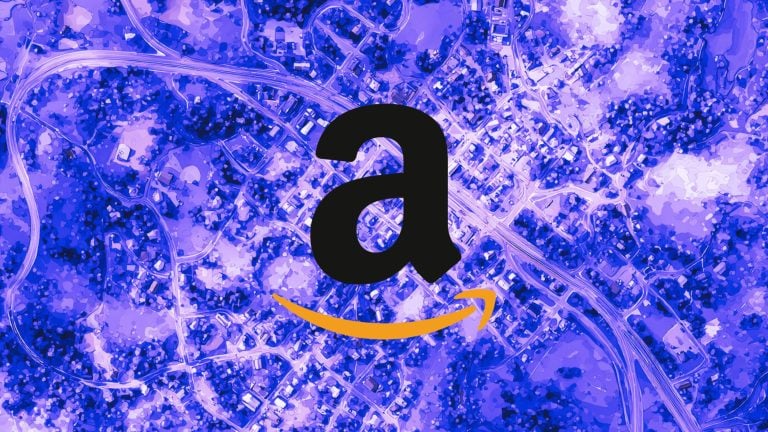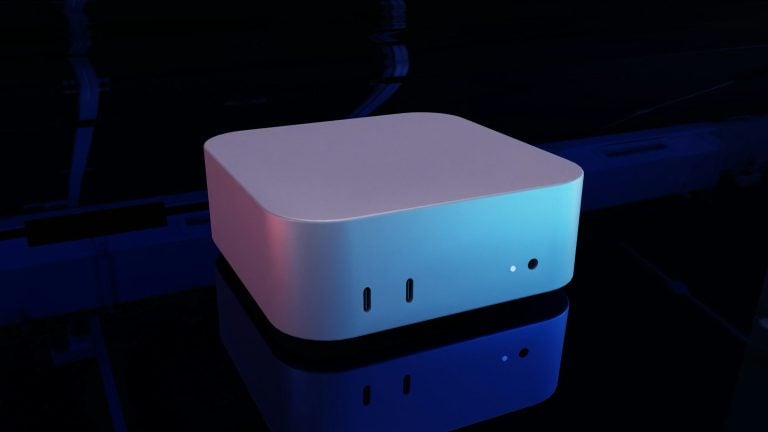Biometric verification is becoming a defining feature of how payments are made, as financial institutions work to link identity directly to every transaction.
Reflecting that trend, Visa has partnered with Proof, a digital identity platform.
More: JPMorgan To Roll Out Controversial Biometric Payments
The collaboration merges Proof’s identity technology with Visa’s global network, aiming to bring the same level of “trust” to online commerce that EMV chips provided for physical cards.
“Trusted digital identity is the next frontier for enabling secure commerce,” says Daniel Sanford, senior VP of Global Products and Initiatives at Visa.
“We’re connecting Visa’s global network and payments innovations with Proof’s platform to fundamentally transform how identity is used in all types of transactions.”
Proof’s system verifies users by combining biometrics, cryptographic signatures, and AI-driven fraud detection before a payment is processed.
Its Certify product acts as a reusable identity credential, described as the “EMV chip for digital identity.” CEO and Founder Pat Kinsel says Certify can stop deepfakes, impersonation, and account takeovers while supporting account recovery.
He adds that the cryptographic protections within Certify cannot be forged by generative AI.
The broader movement toward biometric-linked payments is a growing technological and social development.
Financial institutions, technology firms, and governments are aligning around the idea that anonymity online is an obstacle to security and compliance.
The idea driving this change is that verified digital identities can reduce fraud, prevent money laundering, and make global commerce more efficient.
The same systems that provide convenience and protection also consolidate greater control over personal data.
This change reaches beyond banking. Biometric and digital ID systems are being connected to healthcare access, air travel, and social media verification in some regions.
Together, these initiatives are creating a global framework where each interaction, such as purchasing goods, transferring funds, or signing in, can be permanently linked to a verified identity.
Supporters view this as a necessary step toward a safer digital economy, but it will reduce one of the central freedoms of the internet: the ability to act, speak, or transact without constant observation.










